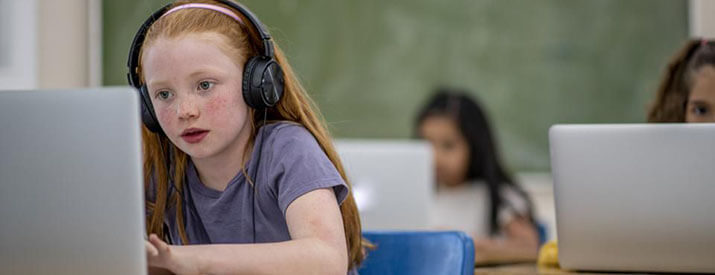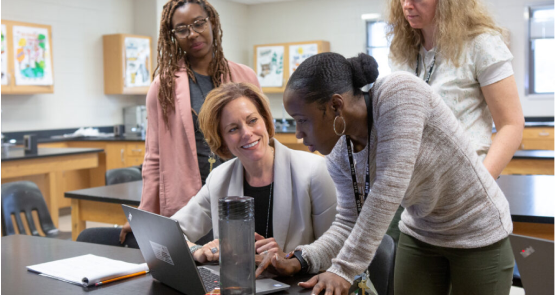
Does Ed Tech Actually Help Students Learn?
The rise of new learning technologies has fueled fierce discussions over whether such technologies hurt or help student learning. But the debate over educational technology isn’t black and white. Context makes a tremendous difference, and students can use technologies such as a tablet or the Internet in so many different ways that it can be hard to say that technology will — or will not — improve learning. Are students using devices to perform research? Take notes? Play games? Engage in virtual reality simulations? In this sense, learning technologies are tools; they can be used effectively or ineffectively.
Given the growing debate over technology and the proliferation of new learning apps, the Reboot Foundation explored whether classroom technology devices promote richer forms of reasoning. Have investments in computers and tablets paid off? What frequency or length of exposure to technology is most effective in the classroom?
The Reboot Foundation report, “Does Educational Technology Help Students Learn?”, analyzed two large achievement data sets. The first data set is the Program for International Student Assessment (PISA), which evaluates student achievement in over 90 countries. The second data set is the 2017 National Assessment of Educational Progress (NAEP), a national assessment known in the U.S. as “the Nation’s Report Card.”
Our findings also indicate that schools and teachers should be more careful about when—and how—education technology is deployed in classrooms.
Key Findings
- Internationally, there’s a weak link between technology and outcomes.
- In the U.S., the relationship between technology and outcomes was mixed.


